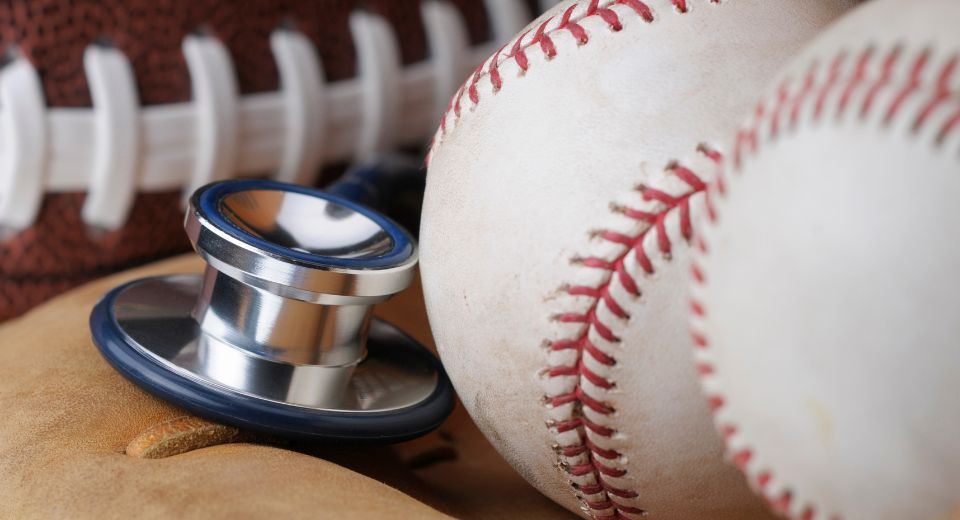
Author: Nathan Kiskila, MD
Question: Dr. Kiskila, what are back-to-school and sports physicals?
Answer: Back-to-school sport physicals are a physical medical exam with a medical professional to evaluate that the student is healthy enough to participate in school-related physical activities. They are often referred to as back-to-school exams, because they are typically done at the beginning of the school year and are valid for the entire school year, but they can be done anytime. Ideally, sports physicals should be done 6 weeks before preseason practice begins.
Question: Who needs them?
Answer: Any student who participates in sports should have a physical once a year. It will most likely be required by the school they are trying to play sports with too.
Question: What do you check and assess during these physicals?
Answer: Medical professionals check the student-athlete’s vital signs like blood pressure and heart rate to make sure they are healthy enough to participate in sports. We also assess the heart and lungs for any murmurs or wheezing for asthma. Medical providers also check the student’s muscular and skeletal range of motion, and perform a neurological exam to check reflexes, pupil dilation, and vision. We palpate the abdomen to assess abdominal organs such as the spleen. Additionally, we look at the patient’s ears, nose and throat. We also review the student-athlete’s personal and family medical history and answer any questions. We want the students to be healthy, active and successful as they participate in their sports.
Question: Are there particular questions that parents should ask the physician during the exam?
Answer: Back to school and sports physicals are a terrific opportunity to not only ask activity-related questions, but to also inquire about the child’s overall health.
Question: What occurs after the exam?
Answer: If the medical provider determines that that child is healthy and safe to participate in sports, they will fill out a clearance form for the family to give to the school. If the child needs further testing before they can be cleared to play, next steps will be scheduled for the second evaluation. The objective is to get the young athlete healthy and fit to participate as soon as possible.
Question: Are there any additional screenings or tests that you recommend before a student-athlete does before sport activity?
Answer: Yes, it is recommended to get an electrocardiogram or EKG. EKG is a safe, painless, noninvasive test that lasts approximately 10 minutes. Although EKGs cannot guarantee safety from sudden cardiac arrest and can produce false-positives, the latest research and recommendations suggest that an EKG may increase the detection of athletes at risk of sudden cardiac arrest.
The information provided is for general interest only and should not be misconstrued as a diagnosis, prognosis, or treatment recommendation. This information does not in any way constitute the practice of medicine, or any other health care profession. Readers are directed to consult their health care provider regarding their specific health situation. Marque Medical is not liable for any action taken by a reader based upon this information.

